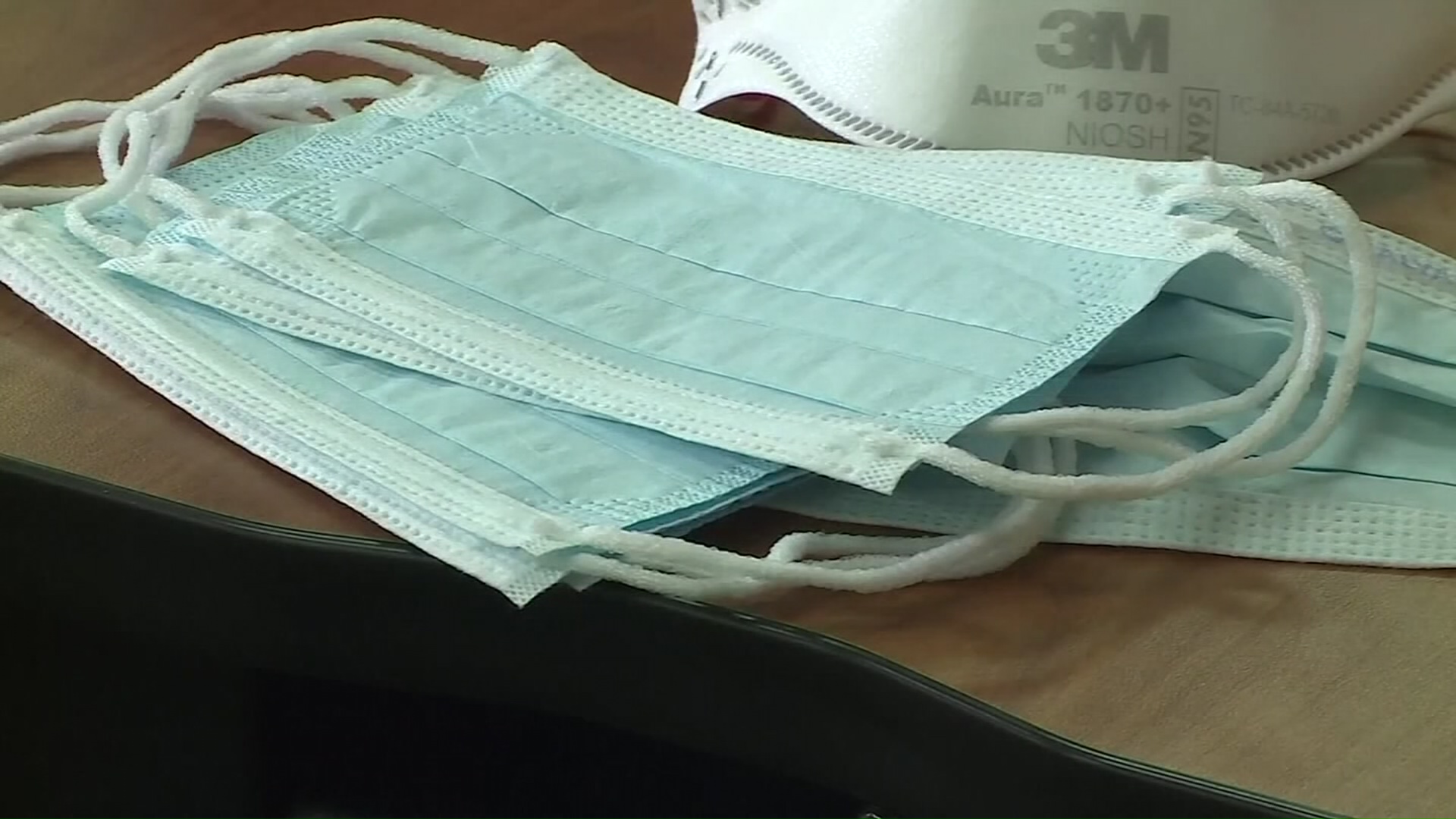Ismael and Ismel, two brothers from Venezuela, recently saw a doctor for the first time since arriving in Chicago two months ago.
Their mother, Maria Magdelena Andarra, said the trip to the U.S. was not easy.
“They really haven’t suffered a medical situation, thank God for that, she said,” stated Yolanda Peña, founder of Life Impacters Foundation, who helped translate NBC Chicago’s conversation with Andarra.
“Both of the kids, they suffer from asthma so they wanted to get some sort of treatment for the asthma,” Pena said, explaining why Andarra brought her boys to Near North Health Center at 1520 N. Kostner Ave.
“Outside of work and housing, the greatest need is health care,” said Harry Peña, Yolanda’s husband and co-founder of Life Impacters Foundation.
The organization helped arrange for Andarra’s family and four dozen other migrants to get treated at Near North Health Center on Thursday.
“I'm an immigrant myself. I came to this country with my family and I understand you know, everyone's unique needs coming in. A lot of our staff members are children of immigrants,” said Dr. Dan Vicencio, chief interim medical officer at Near North Health, which has multiple locations in Chicago.
Health & Wellness
Arriving from the Philippines at age three, Vicencio is now treating families arriving in Chicago with a variety of conditions.
“From trench foot and musculoskeletal issues, to colds, to flus, to depression, to all sorts of issues of possible sexual violence and what comes up from sexual violence, so those are the things that we're seeing now, on top of our present workload,” he said.
Feeling out of the loop? We'll catch you up on the Chicago news you need to know. Sign up for the weekly> Chicago Catch-Up newsletter.
Seeing an average of 60 migrants a day at its multiple locations, Near North Health is a federally-qualified health center.
“That is our sole purpose for being here, for the community. We have certain resources that are available to us, but we also have very charitable community partners in our healthcare community that are able to take on some more burden,” Vicencio said.
The influx of patients has led to a need for more bilingual health care workers.
“We welcome any staff members who do have skills to help us in all of our sites throughout the city,” said Vicencio.



